property tax assessment
thisishishouse
13 years ago
Featured Answer
Sort by:Oldest
Comments (12)
joyce_6333
13 years agololab
13 years agoRelated Professionals
Palos Verdes Estates Architects & Building Designers · Washington Architects & Building Designers · Farmington Home Builders · Monticello Home Builders · Seguin Home Builders · Takoma Park Home Builders · West Hempstead Home Builders · Bryan General Contractors · Catonsville General Contractors · Claremont General Contractors · Conway General Contractors · Del Aire General Contractors · Norfolk General Contractors · Tyler General Contractors · Union Hill-Novelty Hill General Contractorssue36
13 years agothisishishouse
13 years agosue36
13 years agocheerpeople
13 years agomydreamhome
13 years agoaj33
13 years agobrickeyee
13 years agomcgoverntheory
4 years agorwiegand
2 years ago
Related Stories

REMODELING GUIDESArchitecture Pays Tribute to the Tax Man
Skipping taxes doesn't always mean skipping the country. These architectural features let owners avoid certain taxes without leaving home
Full Story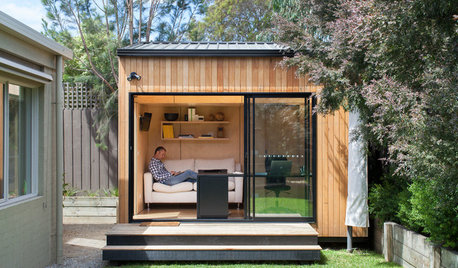
REMODELING GUIDESDesign Workshop: Is an In-Law Unit Right for Your Property?
ADUs can alleviate suburban sprawl, add rental income for homeowners, create affordable housing and much more
Full Story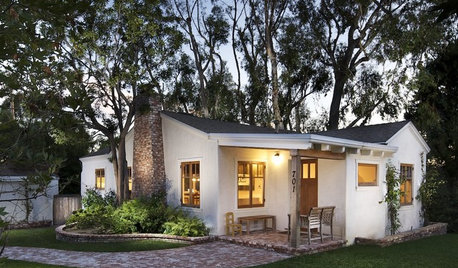
MOVING5 Risks in Buying a Short-Sale Home — and How to Handle Them
Don’t let the lure of a great deal blind you to the hidden costs and issues in snagging a short-sale property
Full Story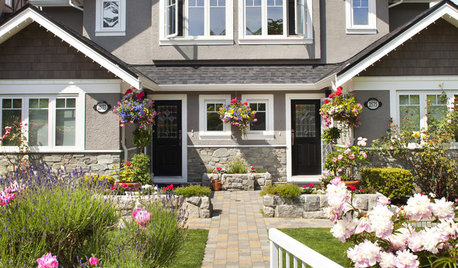
LIFECould You Be a Landlord?
Sure, the extra income would be great. But jumping blindly into owning a rental property could be disastrous. Here's what you need to know
Full Story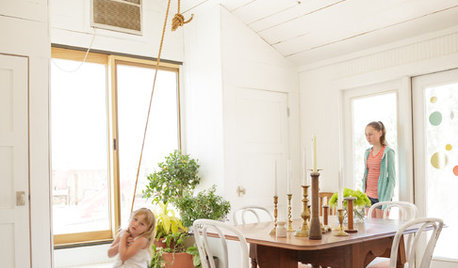
ECLECTIC HOMESHouzz Tour: New Mexico House Grows With a Designing Family
A builder and a decorator settle down on a mesa property and create a warm home filled with their favorite things
Full Story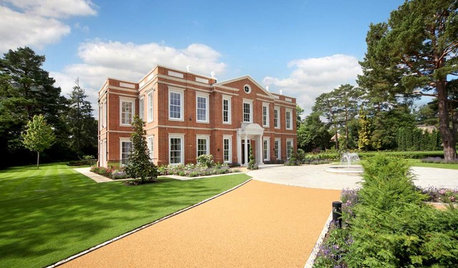
ARCHITECTUREExploring Architecture: Discover the Secrets of Georgian Style
What gives a Georgian property its distinctive character? Take a look at the features that mark this architectural era in Britain and beyond
Full Story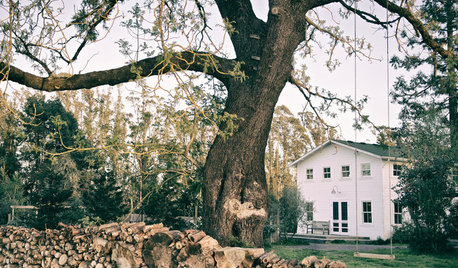
HOUZZ TOURSHouzz Tour: Picture-Perfect Simplicity
It’s like camping out in a catalog sometimes at this classic farmhouse — Pottery Barn and other retailers love it for photo shoots
Full Story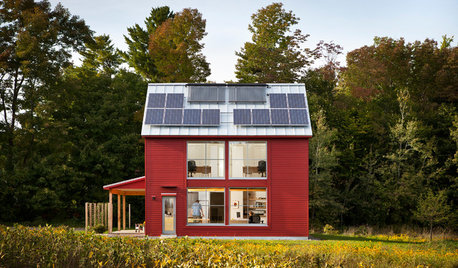
GREEN BUILDINGGoing Solar at Home: Solar Panel Basics
Save money on electricity and reduce your carbon footprint by installing photovoltaic panels. This guide will help you get started
Full Story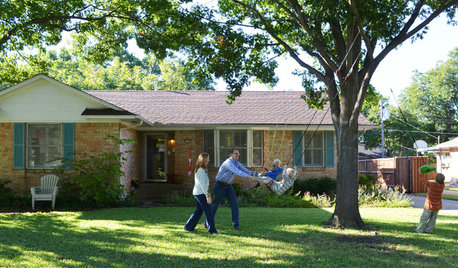
MOVINGHouse Hunting: Find Your Just-Right Size Home
Learn the reasons to go bigger or smaller and how to decide how much space you’ll really need in your next home
Full Story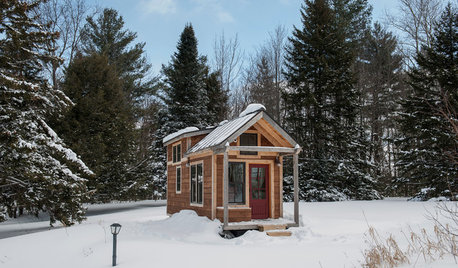
TINY HOUSESHouzz Tour: A Custom-Made Tiny House for Skiing and Hiking
Ethan Waldman quit his job, left his large house and spent $42,000 to build a 200-square-foot home that costs him $100 a month to live in
Full StoryMore Discussions








LilFlowers MJLN